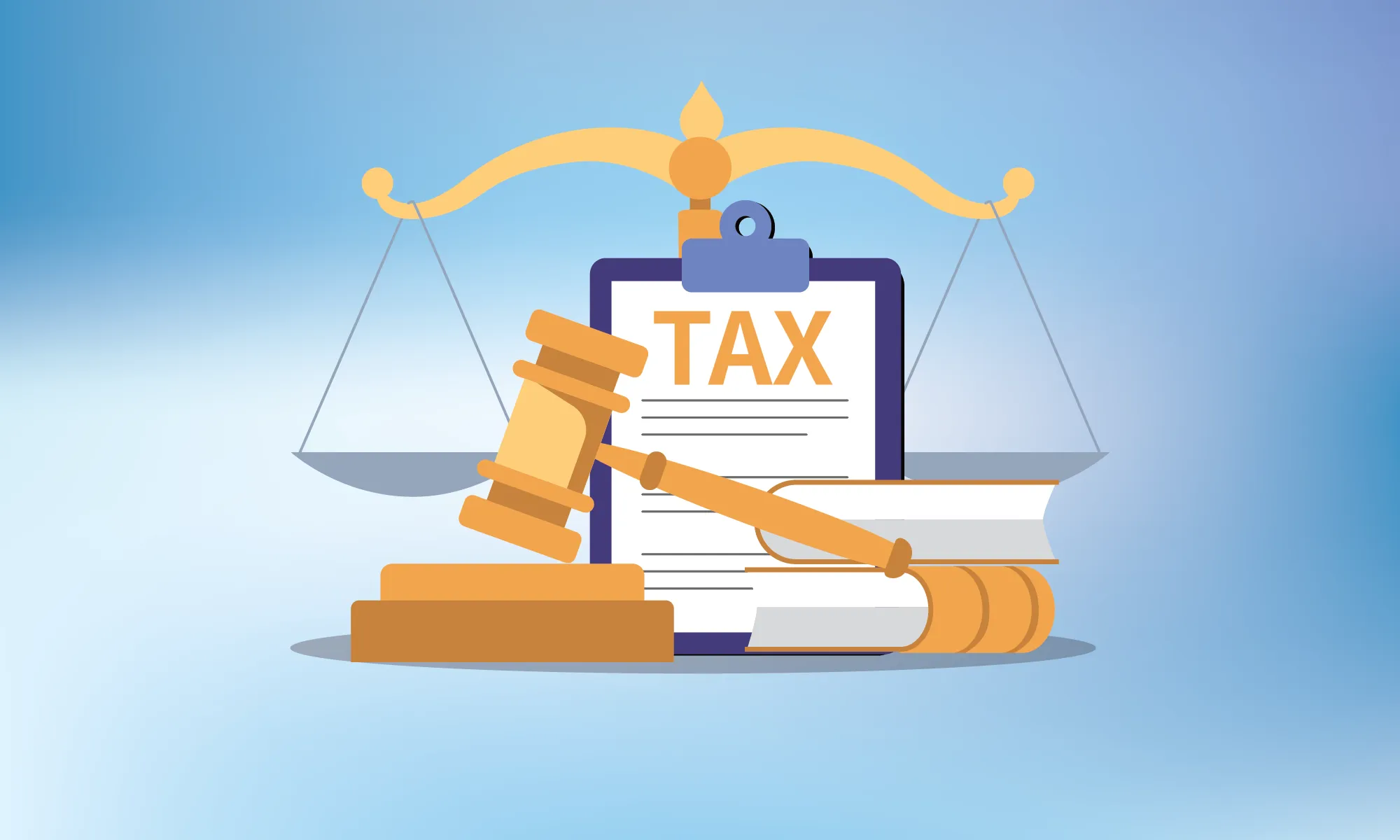Fonoa’s Rob van der Woude and Alexander Kobakhidze recently held a webinar with Erich Tschopp from AirBnB.
The topics discussed included the future of indirect tax, real-time compliance, and evolving tax function needs. A summary is provided below, and a link to the full webinar is also available.
Who is Erich Tschopp?
- Erich Tschopp is the Global Head of Indirect Tax at AirBnB.
- Responsible for VAT/tourist taxes, business advisory, controversy, compliance and (data) reporting, product and engineering work, tax policy.
- Erich has a very proactive and progressive approach to managing tax and the tax function.
- He and his team partner up and focus on “working with stakeholders” vs “running around saying no to everybody”.
- His AirBnB Indirect Tax function: team of 20, additional regional tax team in LATAM/EMEA/APAC support, as well as 32 full-time employees (FTE) in Engineering and Product. The engineering teams are dedicated to Tax needs and requirements.
- A lot of current legislation was already de facto practice for AirBnB through direct agreements with governments and tax authorities - trying to help drive good solutions that work for governments and platforms. For example, tax data sharing & marketplace facilitator arrangements were already part of his reality before it became mainstream legislation across the globe.
The future of indirect tax compliance
- The speakers agreed that the future indeed is real-time data reporting & compliance.
- Erich expects it to take at least 10 years before this becomes the norm worldwide, but that might be sooner (as revealed by a poll of the webinar audience, where more than 50% believed it would be in 7 years or earlier).
- Regardless, this is a massive change for most tax functions strategically that tax teams should act now.
- E-invoicing & digital reporting is a driver for fast technology adoption. There is no other way.
- Having great relationships with peers in similar companies and learning from them helps inform your own path and strategy.
- Being outward-looking helps form a better long-term strategy and understand tax function needs.
- Learning from others who have time to get ahead quickly can save you time and provide shortcuts to insights into best practices.
The role of technology in tax compliance
- Erich shared that at AirBnB this has been a journey of cross-functional collaboration over many years in order to get to the mature digital tax function they are today.
- Erich advises starting with resources (tax expertise, dedicated budget and technical expertise in IT/Fintech like teams). Without resources NOTHING happens.
- Data is critical. Erich points out that data is not only critical, but collecting it simply and in one go is crucial for a good user/customer experience.
- Where collecting data is important, Data quality is paramount. Making sure that the data collected is accurate and validated is key.
- At AirBnB, Fintech (IT) has assigned resources directly to the Tax Function, and Erich drives the tax technology development and purchase roadmap for those resources. They get a lot done this way.
- In terms of strategy, defining and differentiating between near-term, medium-term, and long-term goals and objectives is helpful.
- Always focus on flexibility, scalability and future-proof solutions when you start tax technology projects.
Building a case for internal support, budget and buy-in
- Erich suggests learning from peers and other companies to understand how they developed a mature, tech-driven tax function.
- He gathered support and resources by taking a multi-stakeholder approach. That means talking to all relevant stakeholders in the company.
- When you talk to stakeholders, ‘knowing your audience’ is crucial.
- Talk to your internal stakeholders in a way that is relevant and tangible to them. That can be different for everyone.
- The main drivers for tax resources and tech investment across the board are:
- Commercial impact: business value, user experience, business facilitation/growth.
- Risk mitigation/compliance: no penalties/fines, risk of shutdown, controversy, bad PR.
- Have frequent conversations with key stakeholders at their level. Make sure you have leadership understanding and buy-in for what is coming. Help them understand the future.
- Make sure that you communicate in different ways. 1:1 meetings, leadership group updates, specific topics or general strategy. Write business & impact cases.
Skill set requirements for a modern tax team
- While technical skills are important (coding and deep technical skills), understanding data and translating complex tax and business requirements into technological solutions is even more crucial.
- Tax professionals can build a robust, future-ready tax function by focusing on these areas (learning how to simplify communication and distil complex ideas to their core essentials).
Conclusion
The above insights and strategies provide a roadmap for indirect tax professionals navigating the evolving landscape of tax compliance and technology. By adopting a proactive approach, leveraging technology, and fostering collaboration, tax functions can effectively meet the demands of the future.
Resources
- If you want to check the entire webinar and insights:
- The Era of Real-Time Compliance: Building a Future-Proof Tax Function, with Erich Tschopp (AirBnB) and our friends at Thought Leader Global
- If you are keen to learn how other senior leaders at some of the best-known multinationals think about the future of indirect tax compliance, check out the following webinar:
- In-House Strategies for Indirect Tax Compliance, with Liz Gallagher (Meta) and Stef van Heugten (Adyen)
- Stay ahead of the game and read more as we enter the era of real-time compliance.
- E-invoicing Procurement guide: this guide is packed with information and additional materials. It also contains 70 of the most common questions asked by companies looking to buy an e-invoicing or digital reporting solution. If you are already considering buying a solution, this guide is for you.
- Fonoa Country Tax Guides: this is one of our most visited (and praised) public resources. We have made available summaries of e-invoicing and reporting requirements in easy-to-read tables.
















